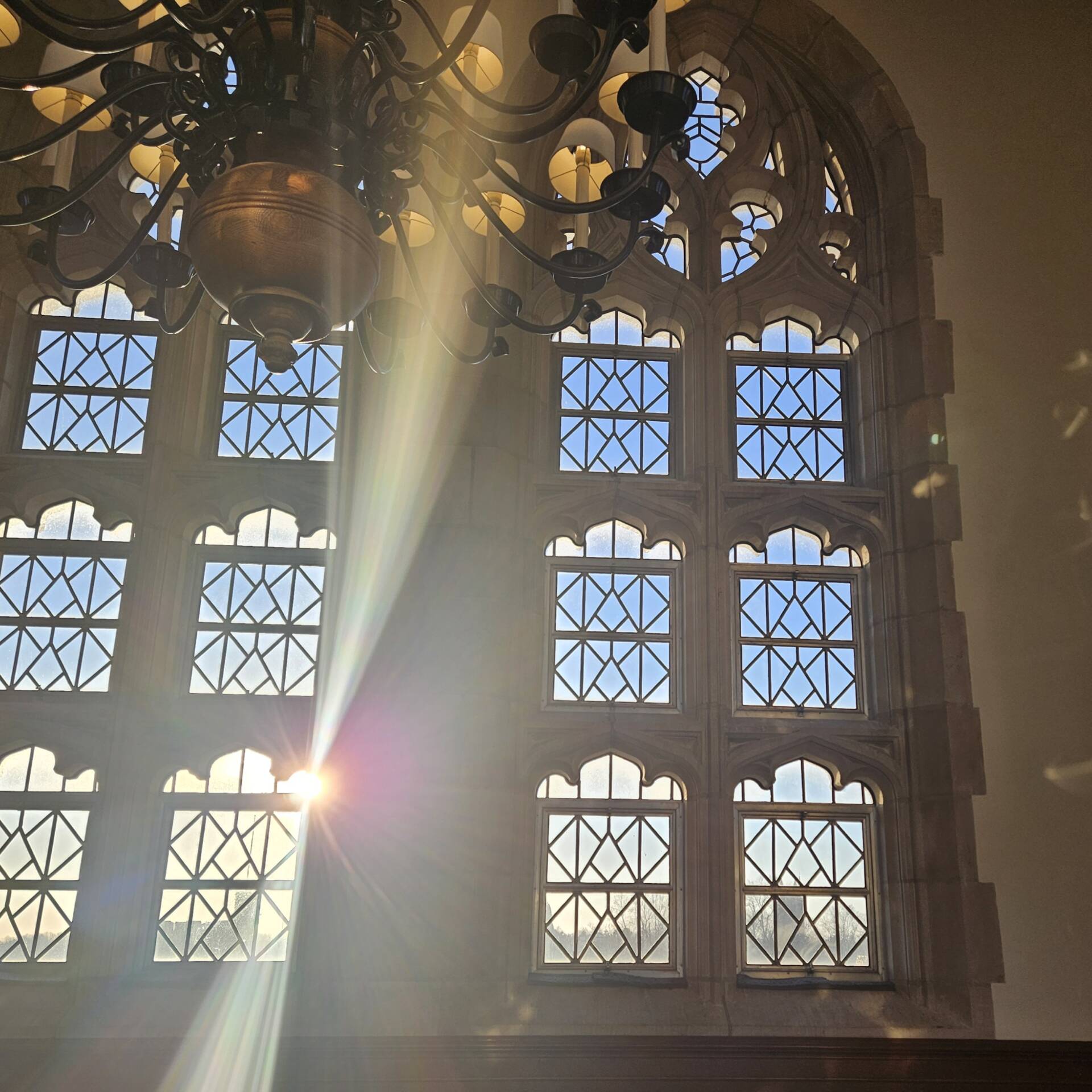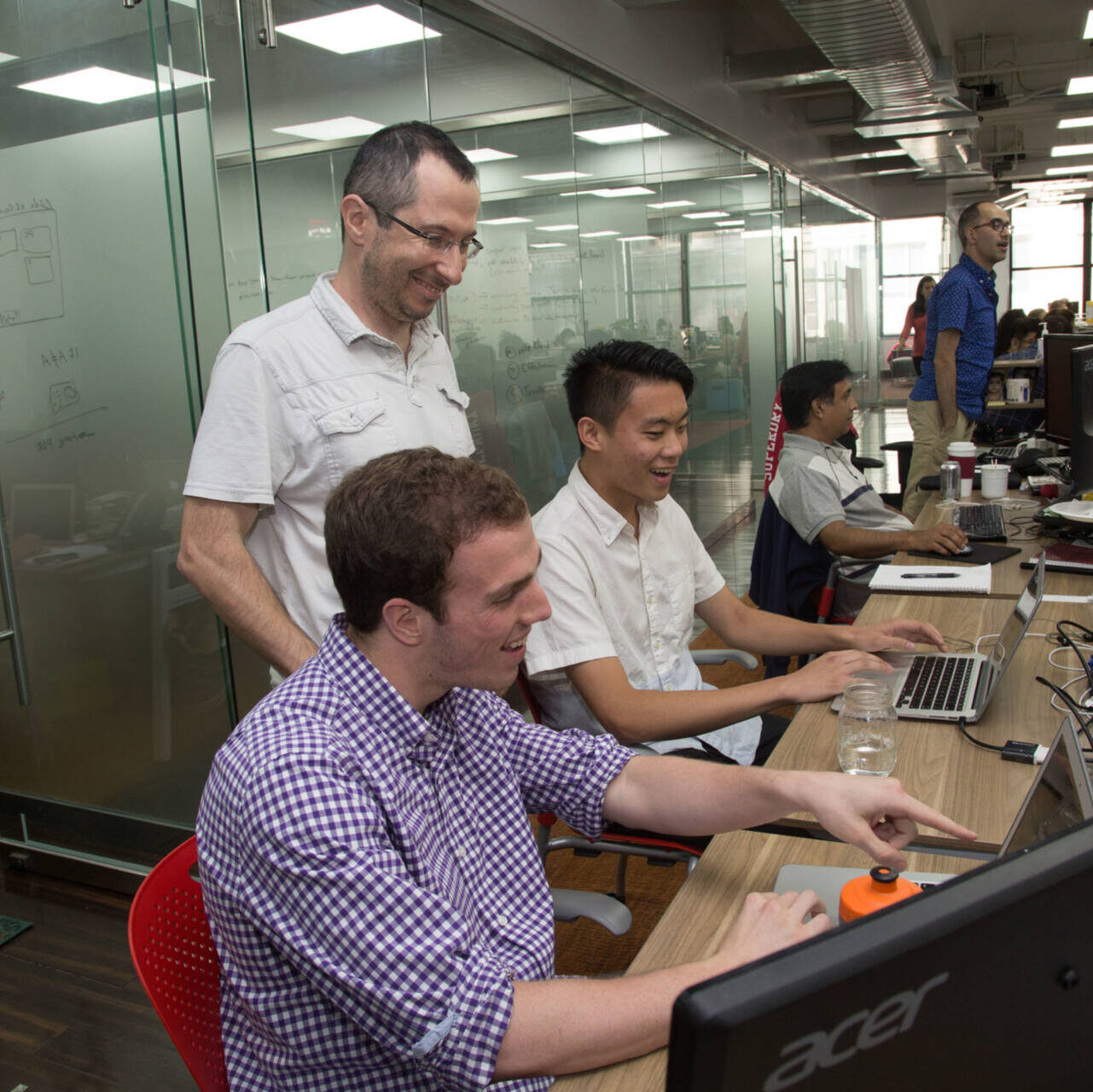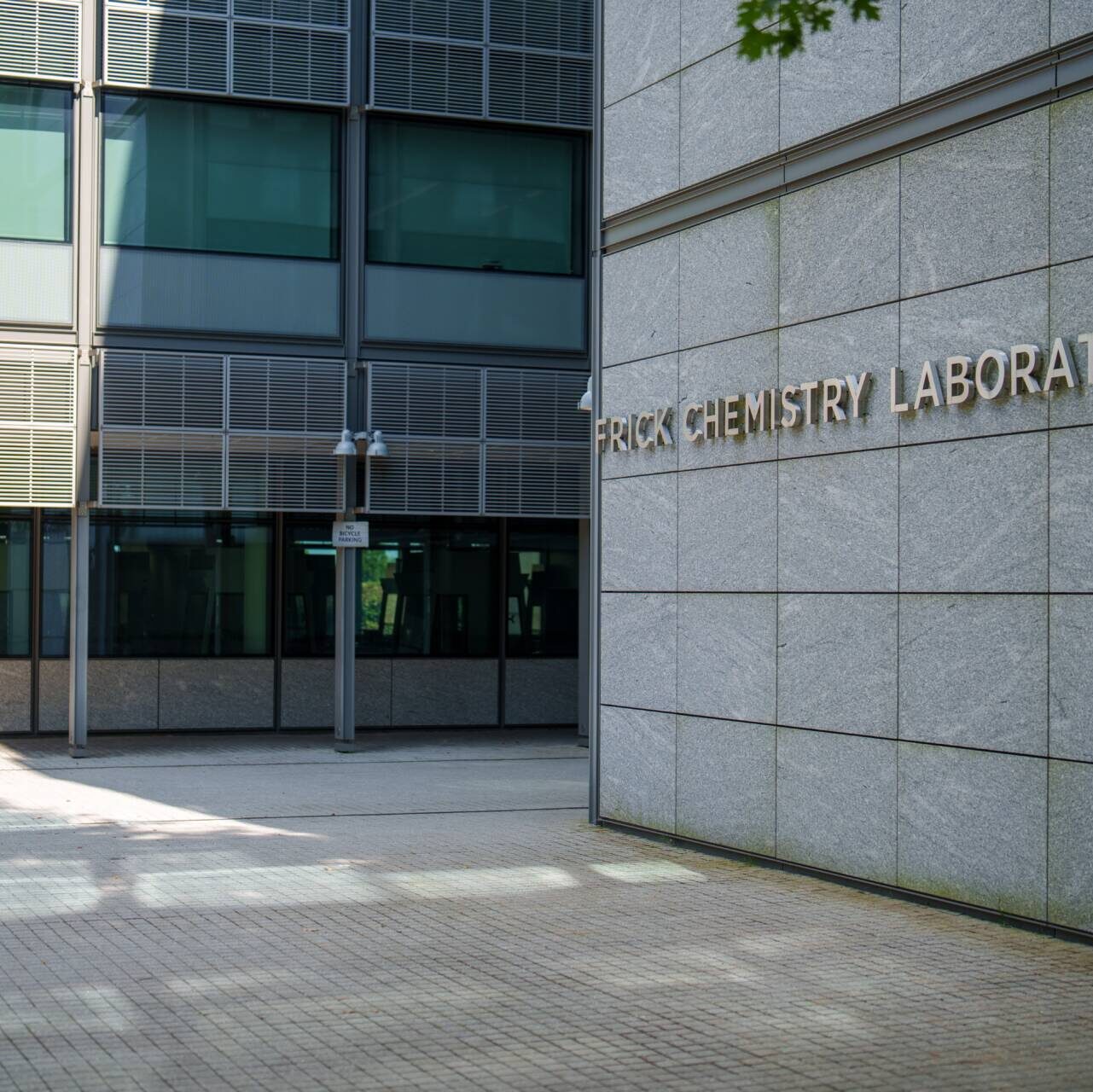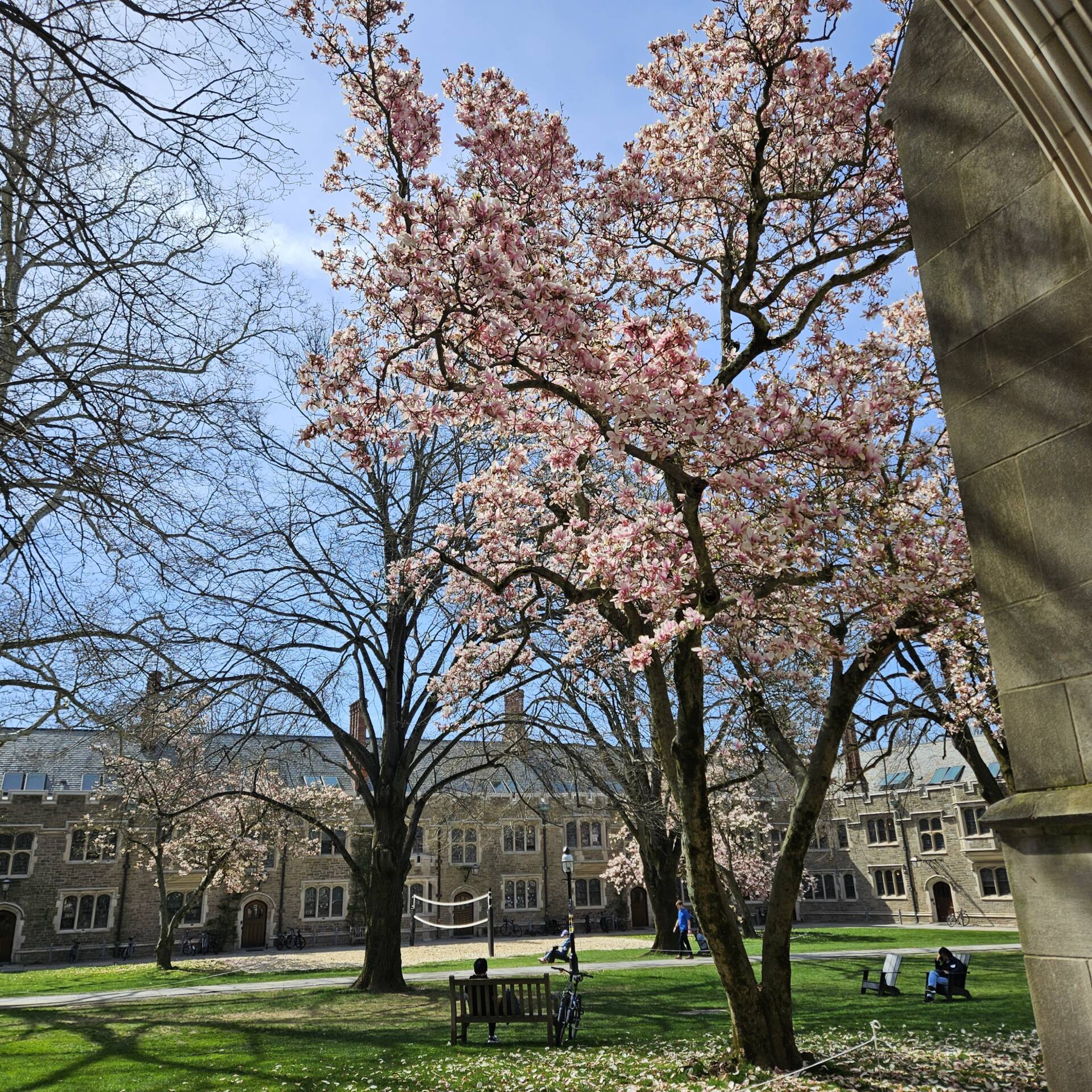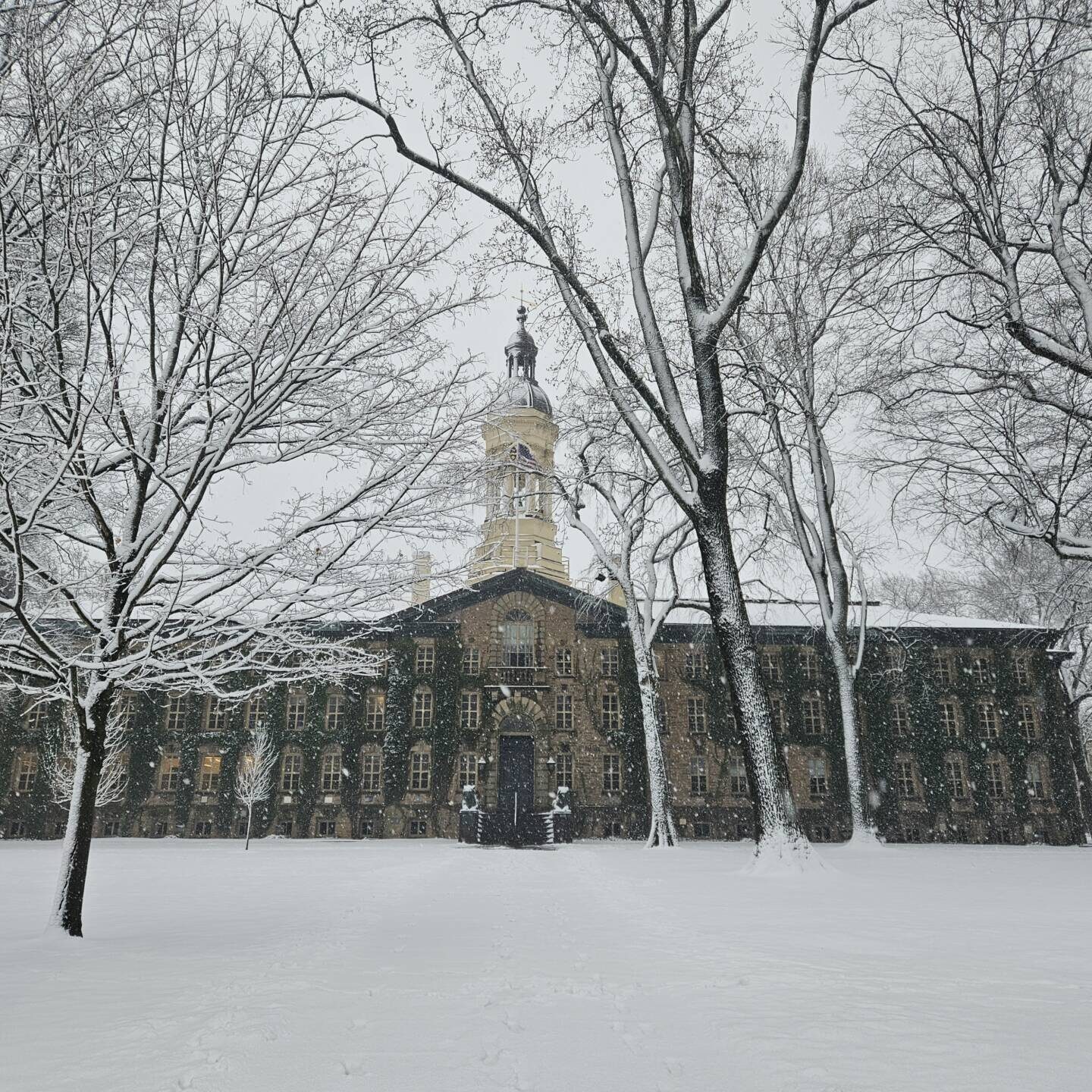As I was graduating high school, everyone – whether it was friends, teachers, or family – told me I had to find a good mentor. I didn’t really know what this meant in the context of college. I had experienced instructive relationships with coaches and teachers before, but I didn’t really know how that would translate into a research-driven environment.
Now as a sophomore, I understand that especially before declaring a major, it can be challenging to forge mentorship connections. Still, during the first two years of my undergraduate experience, I have encountered mentorship in a variety of ways that I would have never expected. Whether it was through my lab-based courses, an internship, or even a recent serendipitous moment, quality mentorship has been a defining part of my Princeton experience.
Continue reading Encounters with Mentorship
